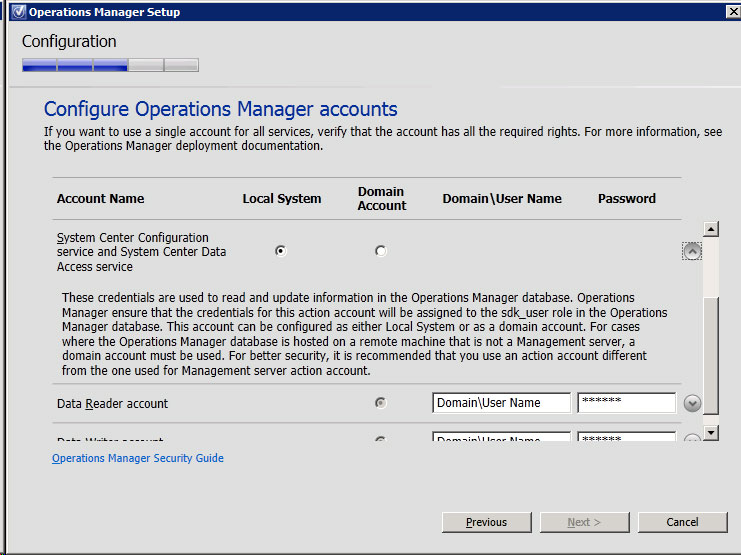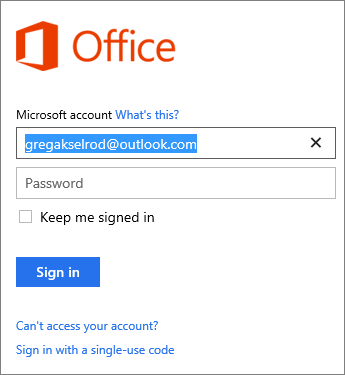

- #MICROSOFT OFFICE ACCOUNT MANAGEMENT CONSOLE HOW TO#
- #MICROSOFT OFFICE ACCOUNT MANAGEMENT CONSOLE UPDATE#
- #MICROSOFT OFFICE ACCOUNT MANAGEMENT CONSOLE FULL#
Sensitivity - set the sensitivity label for the team.Privacy - set whether the team is public or private.On the team's profile page, you can select Edit and change the following elements of a team: Add or remove channels (note that you can't remove the General channel).The team profile page shows the members, owners, and guests that belong to the team, as well as the team's channels and settings. You can navigate to the team profile page of any team from the main teams overview grid by selecting the team name. Note that it might take some time for the team's details and expiration date to get updated. If you do not find the team's detail updated immediately, select Refresh. This video shows the steps to create a new team and a channel for them. In the Add a new team pane, give the team a name and description, set whether you want to make it a private or public team, and set the sensitivity if needed. In the Edit columns pane, you can use the toggles to turn on or turn off columns in the grid. If you don't see all these properties in the grid, select the Edit columns icon. Expiration date - the date the team is scheduled to expire if the team has an expiration policy.

#MICROSOFT OFFICE ACCOUNT MANAGEMENT CONSOLE HOW TO#
You can learn more about admin roles in Teams in Use Microsoft Teams admin roles to manage Teams, and you can read more about how to use the PowerShell cmdlets for managing teams in the Microsoft Teams cmdlet reference.
#MICROSOFT OFFICE ACCOUNT MANAGEMENT CONSOLE FULL#
For full administration capabilities using these two toolsets, you should make sure that you're assigned one of the following roles: You can manage teams through both the Teams PowerShell module and the Teams admin center.
#MICROSOFT OFFICE ACCOUNT MANAGEMENT CONSOLE UPDATE#
This article provides an overview of the management tools for Teams in the Microsoft Teams admin center.Īs an admin, you may need to view or update the teams in your organization, or you might need to perform remediation actions such as assigning owners for ownerless teams.


 0 kommentar(er)
0 kommentar(er)
